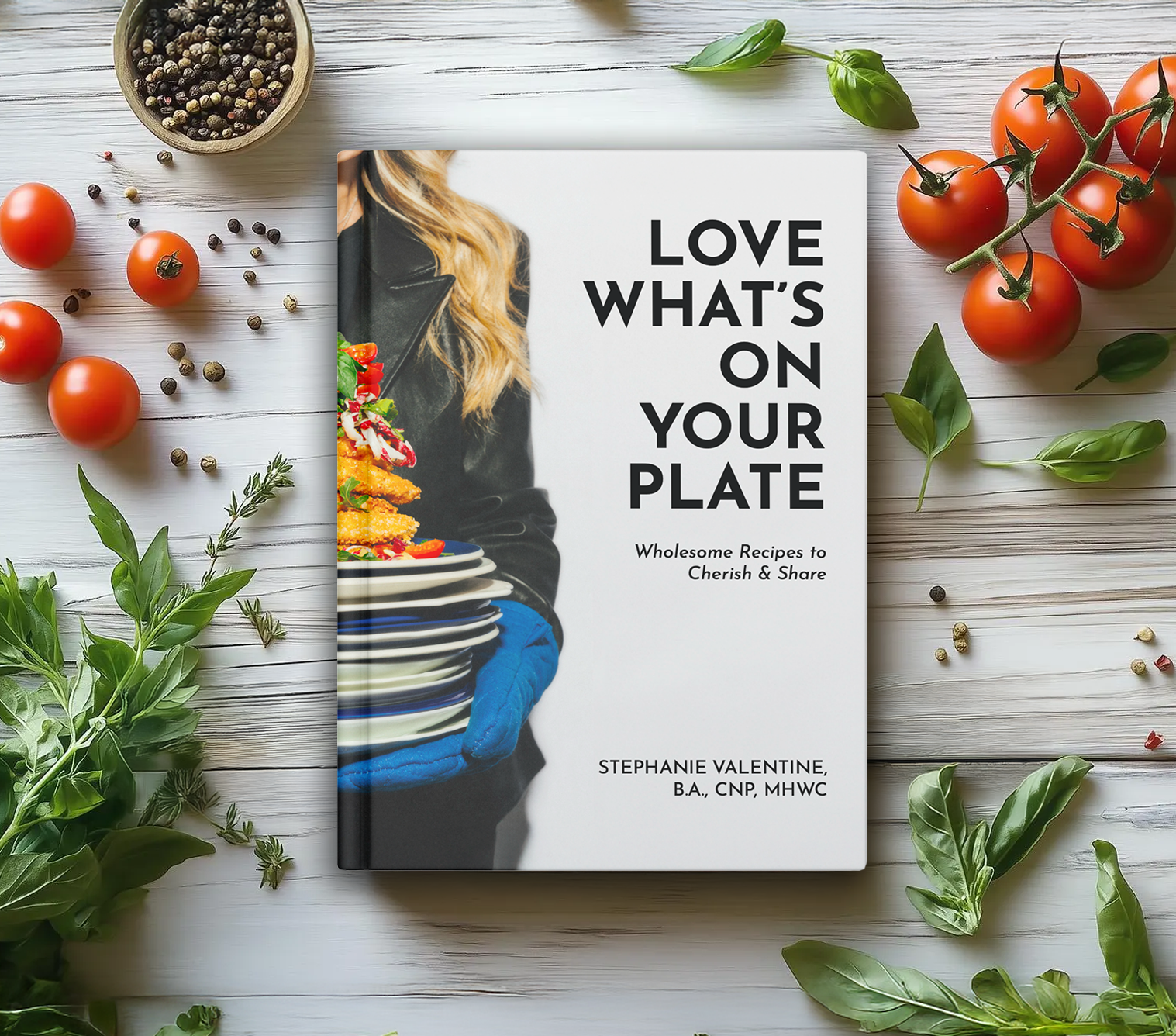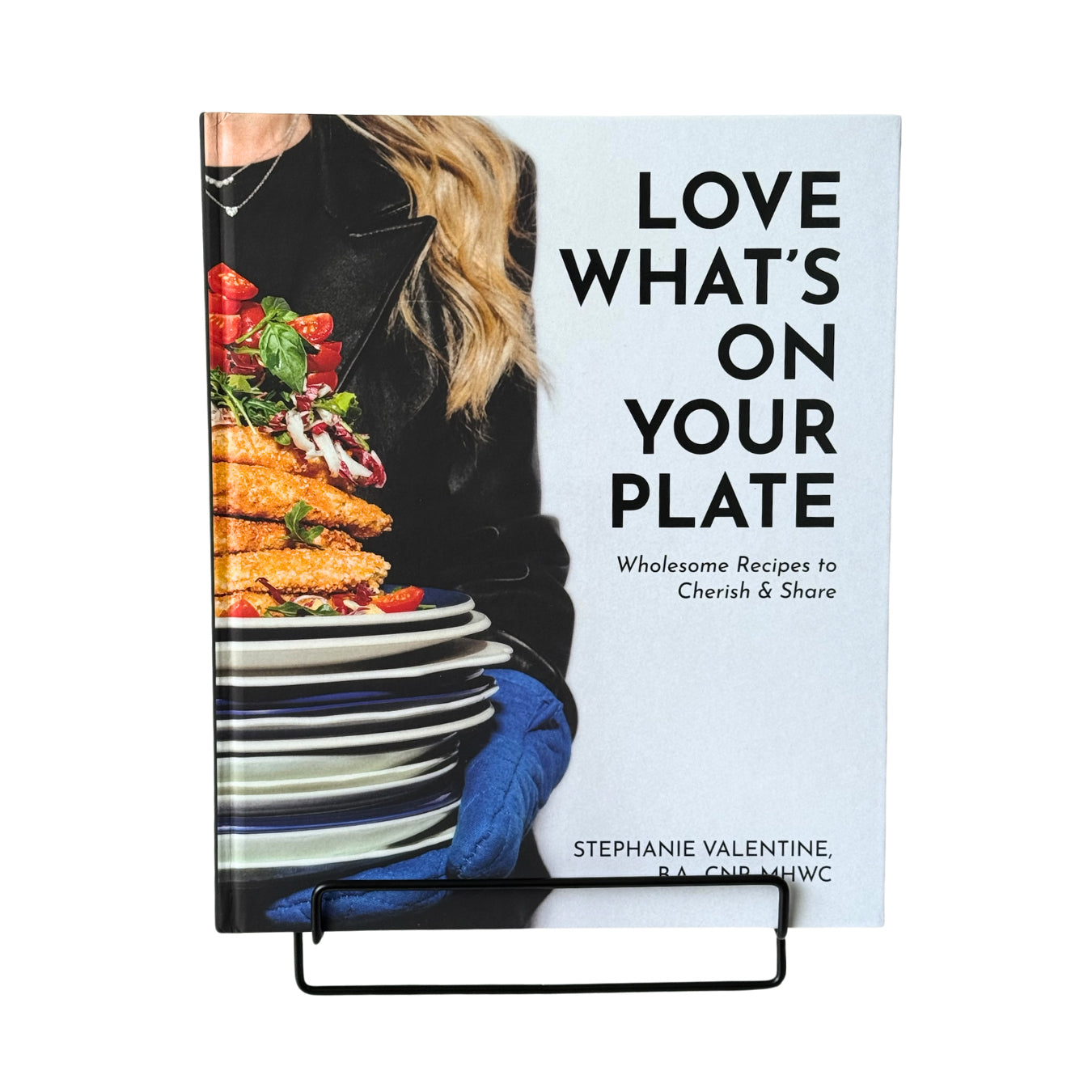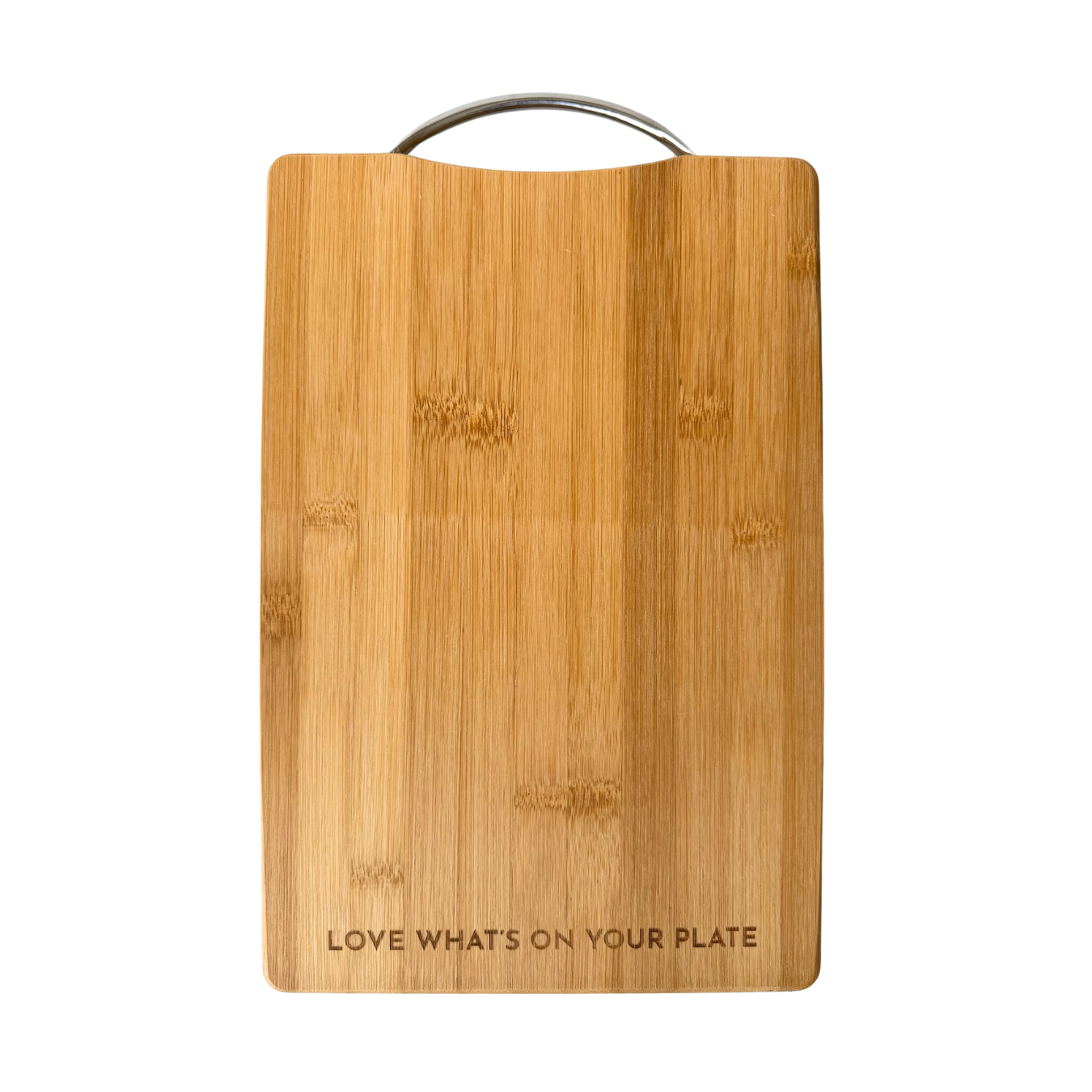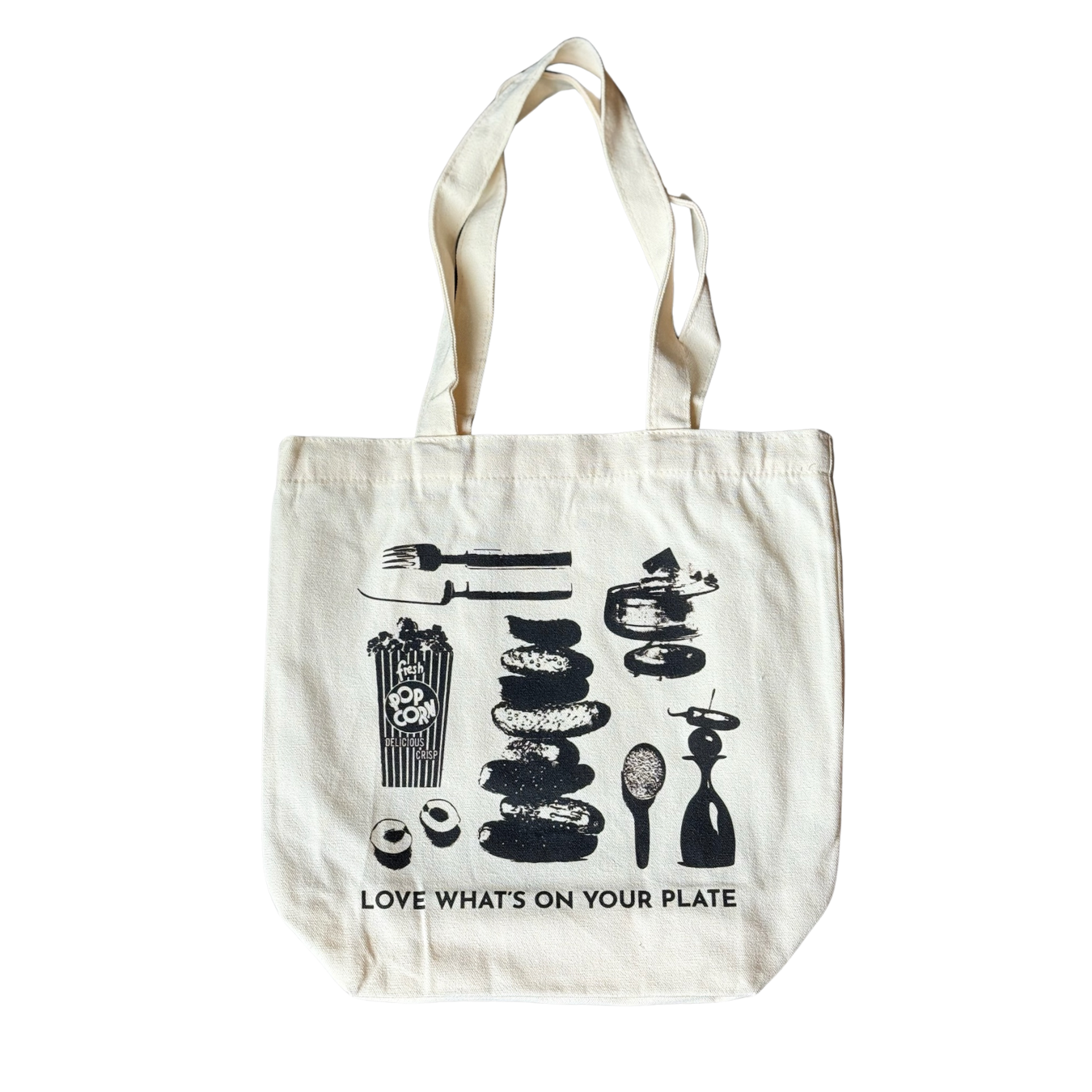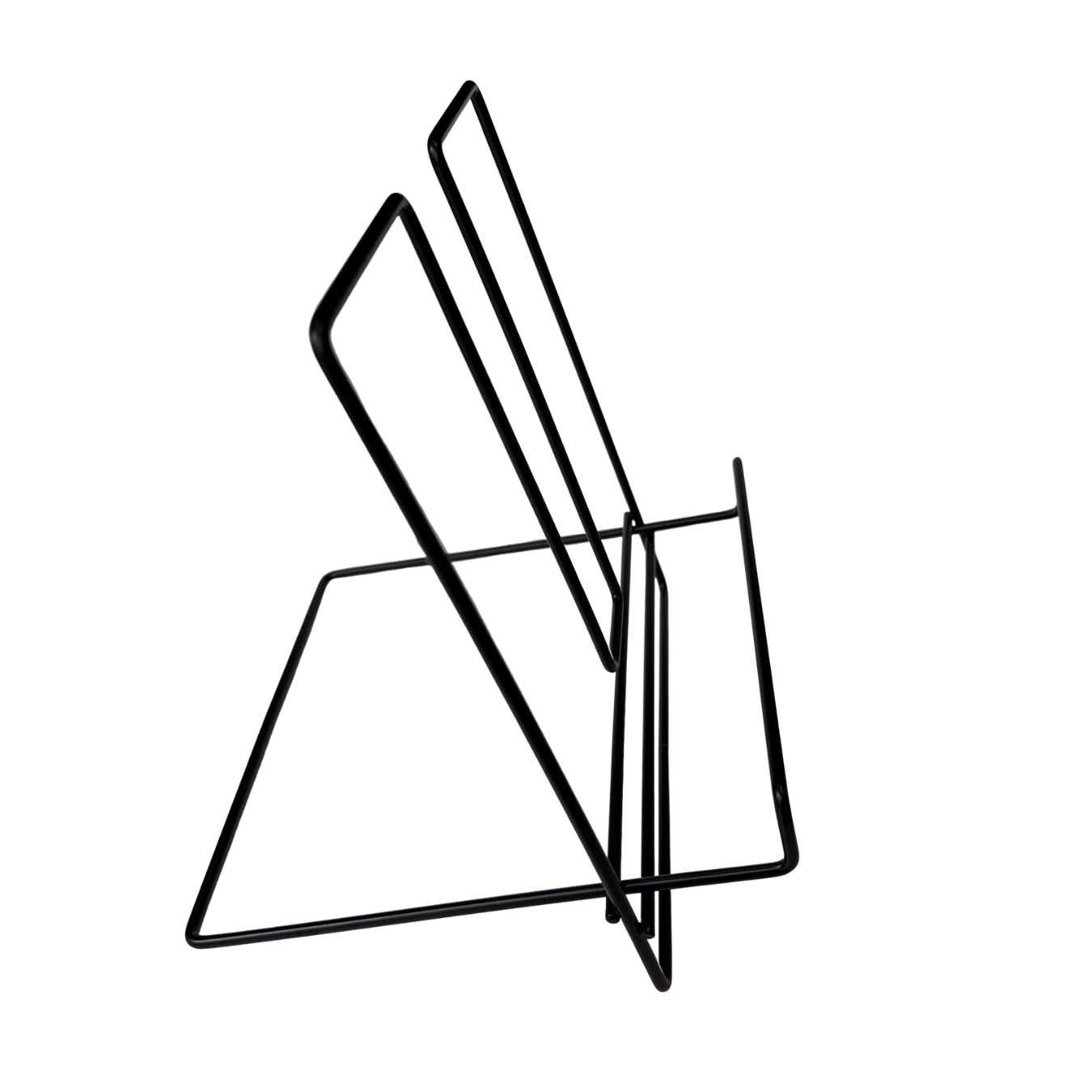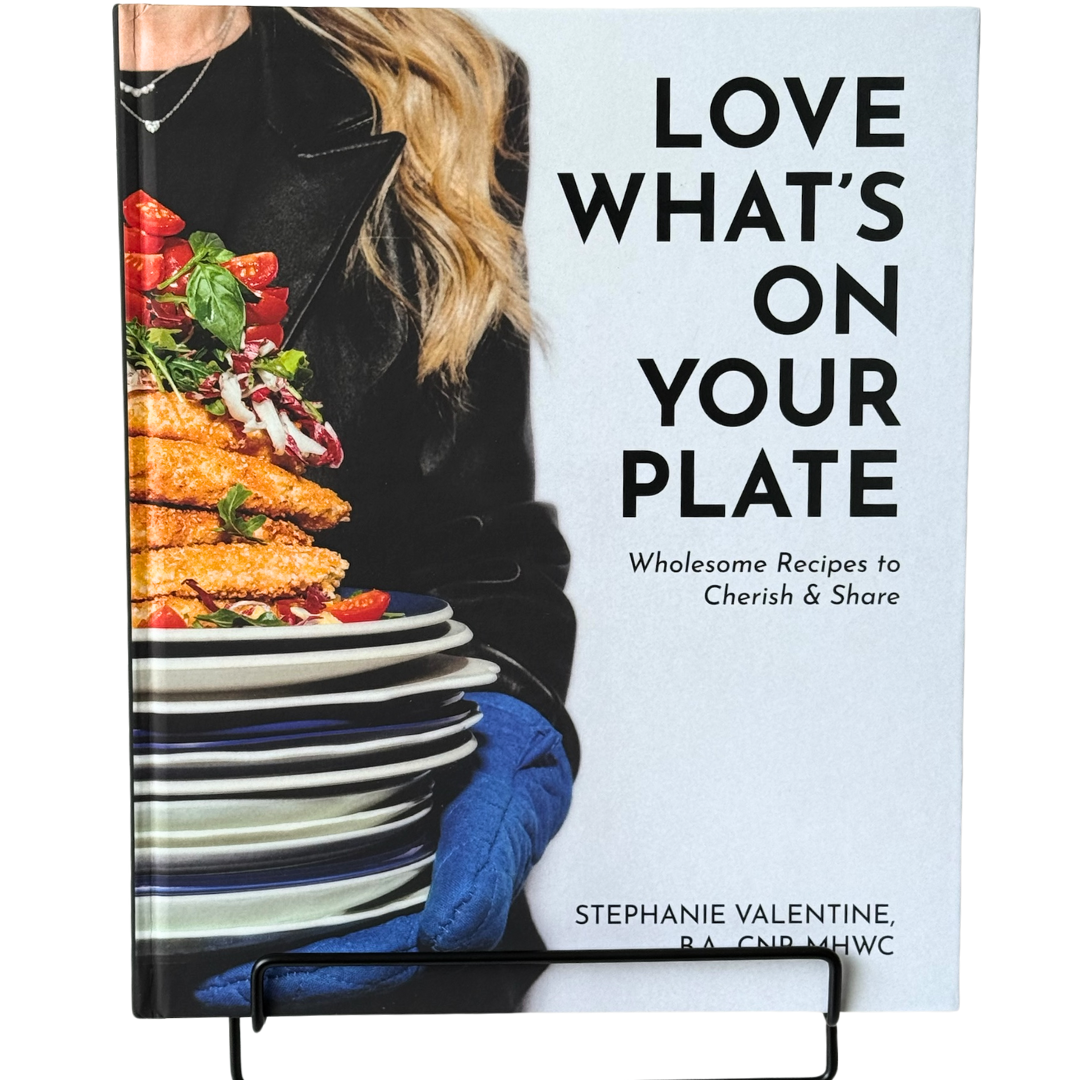5 minute read
Why listing what you're grateful for doesn't help you show up for it
It's Canadian Thanksgiving weekend, and your social media feed is full of gratitude posts. Everyone's sharing what they're thankful for - family, health, career, home. It all sounds beautiful.
But here's what nobody's talking about: you can be grateful for every single thing on that list and still be too exhausted to actually enjoy any of it.
You're thankful for your kids, but you snap at them because you're drained. You appreciate your partner, but you're too tired to be present. You love your career, but you're running on fumes just to get through the day.
The problem isn't your gratitude. It's that gratitude without energy is just a nice thought.
The Science Behind Why Traditional Gratitude Isn't Enough

Don't get me wrong - gratitude practices work. Research from UC Berkeley's Greater Good Science Center shows that people who keep gratitude journals report better sleep quality, reduced symptoms of illness, and more happiness. Writing down what you're grateful for before bed helps your brain process positive thoughts instead of cycling through your stress list.
But here's what the research also shows: cognitive gratitude (thinking grateful thoughts) and embodied gratitude (feeling energized enough to act on what matters) activate different parts of your brain.
A 2015 study in the journal Frontiers in Psychology found that gratitude practices reduced stress and improved mental health - but only when combined with actionable behavioral changes. Just thinking grateful thoughts without the energy to follow through? That's where we get stuck.
What Is Energy Gratitude?
Energy gratitude isn't about listing what you appreciate. It's about noticing what actually gives you energy - and doing more of it.
Here's the difference:
Traditional Gratitude: "I'm grateful for my health."
Energy Gratitude: "That morning walk makes me feel alive. I'm going to do it again tomorrow."
Traditional Gratitude: "I'm thankful for my friends."
Energy Gratitude: "Lunch with Deb leaves me feeling lighter. I need to prioritize that."
Traditional Gratitude: "I appreciate nature."
Energy Gratitude: "Crunching through fall leaves and smelling that crisp air gives me a burst of energy. I'm making time for it this weekend."

See the shift? Energy gratitude is active. It's specific. And it's sustainable because you're not forcing yourself to feel grateful - you're noticing what naturally fills your tank and doing more of it.
The Exhaustion Loop We're All Stuck In
Here's what happens when we practice gratitude without energy:
- You write in your gratitude journal: "I'm thankful for my family"
- You go through your day exhausted and short-tempered
- You feel guilty because you "should" be more present
- You write in your journal again: "I'm grateful for another day"
- Repeat
It's a cycle of thinking grateful thoughts while feeling depleted. And honestly? That makes everything worse.
According to the American Psychological Association, 77% of people regularly experience physical symptoms caused by stress, and 73% regularly experience psychological symptoms. We're not just tired - we're running on empty while trying to feel grateful about it.
That's backwards.
How to Practice Energy Gratitude This Thanksgiving Weekend
1. Track What Energizes You (Not What "Should")
This weekend, pay attention to what actually gives you energy. Not what you think should make you feel good, but what genuinely does.
Your practice:
- Notice 3 things that leave you feeling more energized, not less
- Write them down specifically (not "exercise" but "that 10-minute walk after lunch")
- Double down on those things
For me, it's crunching and smelling the fall leaves. Those colours remind me how incredible nature is. Sometimes all we need to do is look and appreciate.
2. Fill Your Tank Before Thanksgiving Dinner
Before the big meal, do one thing that energizes you:
- A walk through those fall leaves
- A dance party with your kids
- Sitting quietly with your coffee
- Five minutes of stretching
Show up energized, not depleted. Your family doesn't need your drained presence at dinner - they need the version of you that actually has something to give.

3. Eat For Energy, Not Restriction
Here's how to enjoy Thanksgiving without the food coma:
Before the meal: Don't fast all day. Eat normally - your body needs steady fuel.
During the meal: Start with protein and vegetables, add carbs second (yes, enjoy the stuffing). Pace yourself and stay hydrated.
If you overindulge: Don't punish yourself the next day or skip meals. Just return to normal eating.
Monday's game changer: Transform those heavy leftovers into something that sustains you. My Turkey & Cranberry Power Bowl uses roasted Brussels sprouts, quinoa, and a cranberry vinaigrette that makes everything taste fresh. The gentle warming keeps turkey moist, and the combo gives you sustained energy without that sluggish feeling.
4. Stop Performative Gratitude
Here's the uncomfortable truth: performative gratitude is exhausting.
When you force yourself to "be grateful" for things that are actually draining you, you're gaslighting your own nervous system. Your body knows you're overwhelmed, but your mind is saying "I should be thankful."
The energy shift: Gratitude works when it's honest, not obligatory.
Maybe you're grateful your kids are healthy, but also exhausted by the constant demands. Both can be true.
Maybe you're thankful for your job, but it's still burning you out. Both can be true.
Real gratitude: Notice what genuinely makes you feel good without the "should." That's where your energy lives.
The Data on Energy and Presence
Research from Harvard Medical School shows that fatigue affects our ability to be present more than almost any other factor. When you're exhausted:
- Your emotional regulation decreases by up to 60%
- Your ability to focus drops significantly
- Your patience with loved ones plummets
- Your enjoyment of positive experiences diminishes
In other words, you can be sitting at Thanksgiving dinner with everything you're "grateful for" - and if you're too tired, you can't actually experience any of it.
A 2019 study in Energy Psychology found that people who combined gratitude practices with energy management techniques (like intentional movement, proper nutrition, and rest) reported 73% higher satisfaction with their daily lives compared to those who only practiced cognitive gratitude.
Translation: Gratitude + Energy = Actual life satisfaction. Gratitude alone? Just nice thoughts.
Give Yourself Permission This Weekend
This Thanksgiving weekend, give yourself permission to:
- Enjoy what you enjoy and skip what depletes you - even if it's "traditional"
- Leave early if you're tired instead of pushing through
- Say no to activities that drain you
- Prioritize what genuinely fills your tank
Remember: Gratitude without energy is just a nice thought. But when you have the stamina to actually show up for the people and moments you value? That's when gratitude becomes powerful.


